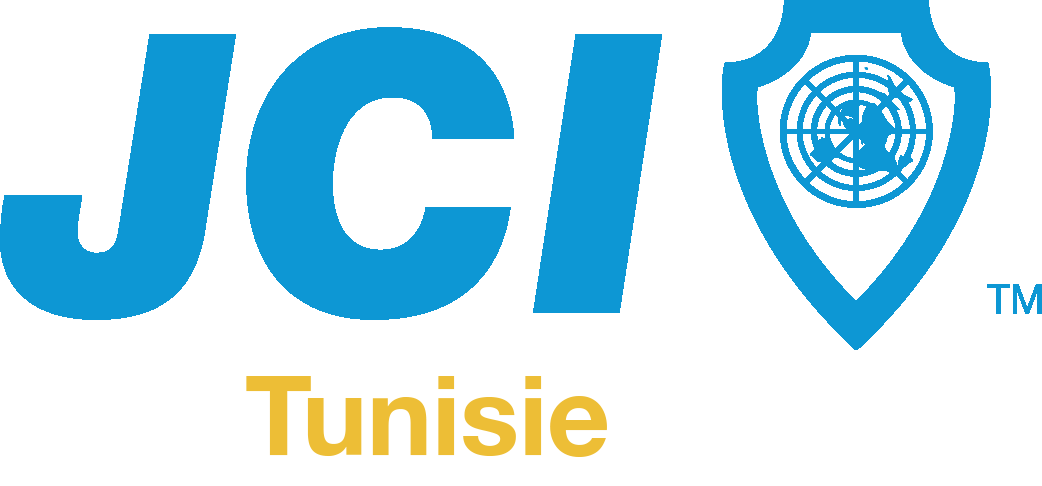Are You Making The Most The Use Of Your Buy German A1 Certificate?
Understanding the German A1 Certificate: A Comprehensive Guide to Purchase and Preparation
In an era of globalization and intercultural exchange, the German language has emerged as one of the most desired languages worldwide, particularly in Europe. For individuals aiming to enhance their expert qualifications, study in Germany, or simply take part in significant travel experiences, obtaining a German A1 Certificate has actually become an important venture. This post clarifies what the A1 certificate entails, its advantages, the acquiring process, and important preparation tips.

What is the German A1 Certificate?
The German A1 Certificate is an official assessment that suggests a student’s fundamental understanding of the German language. It is the first level of the Common European Framework of Reference for Languages (CEFR), which categorizes language proficiency across 6 levels: A1, A2, B1, B2, C1, and C2.
Accomplishing an A1 Certification shows that the person can:
- Understand and utilize basic everyday expressions and expressions.
- Present themselves and others.
- Ask and address questions about personal details like where they live, individuals they understand, and things they have.
- Connect in an easy way, offered the other person talks gradually and clearly.
Advantages of Acquiring a German A1 Certificate
An A1 certificate can be useful for numerous reasons:
-
Entry Requirement for Further Learning: Obtaining the A1 certificate is typically the very first action towards pursuing greater levels of German proficiency (A2, B1, etc).
-
Employment Opportunities: Many business in German-speaking nations look for candidates with a basic understanding of the language, making the A1 certificate a strong possession.
-
Cultural Integration: Learning the essentials of the language helps with smoother interaction with native speakers, which can improve cultural understanding and social combination.
-
Taking a trip: For tourists, knowing standard German can greatly enhance the experience, making interaction much easier and more pleasurable.
How to Buy a German A1 Certificate
Acquiring a German A1 certificate does not suggest purchasing a main document without taking an exam. Authentic certificates must be earned through approved testing centers. Here are the actions one generally follows to get a German A1 certificate legally:
-
Research Authorized Testing Centers: Look for institutions certified by the goethe zertifikat Kaufen Testdaf Zertifikat online A1 Kaufen Testdaf Zertifikat online [https://timeoftheworld.date]-Institut, TELC (The European Language Certificates), or other recognized language organizations.
-
Register for the Exam: Once an ideal screening center is recognized, candidates can register for the exam. Registration generally involves filling out an application and paying an examination charge.
-
Get ready for the Exam: Candidates ought to designate ample time for preparation. There are different resources– online classes, textbooks, and language apps– that can help in studying.
-
Take the Full Exam: A1 assessments typically consist of four elements: listening comprehension, reading comprehension, written expression, and oral expression. Candidates require to show proficiency in all these areas.
-
Receive Your Results: After taking the exam, prospects will get their results and, upon passing, will be released the A1 certificate.
Preparation Tips for the German A1 Exam
Preparing for the German A1 exam can be both enjoyable and efficient with the best approach. Here are some tips to help prospects prepare yourself:
-
Enroll in a German Language Course: Whether online or in-person, formal courses offer structured knowing and professional assistance.
-
Use Language Apps: Applications like Duolingo, Babbel, and Rosetta Stone are popular tools for interactive, on-the-go language practice.
-
Practice Speaking: Engage with native speakers or join language exchange groups. Speaking practice is essential for developing fluency.
-
Research Study Vocabulary and Grammar: Focus on standard vocabulary covering greetings, numbers, directions, and daily objects, in addition to essential grammatical guidelines.
-
Listen and Watch German Media: Consuming German content such as music, podcasts, and films can enhance listening abilities and familiarize learners with the language’s rhythm and pronunciation.
Frequently asked questions about the German A1 Certificate
Q1: How long does it take to prepare for the A1 exam?A1 preparation time can differ based on individual learning speeds, however generally, 80 to 100 hours of research study can be sufficient for fundamental efficiency.
Q2: What is the cost of the A1 exam?The expense differs based on the screening organization and location but usually varies from EUR100 to EUR200. Q3: How long is the A1 certificate valid?The A1 certificate does not end, as it reflects your language proficiency at a specific time. Nevertheless, further knowing and certification are motivated for profession advancements. Q4: Can I take the A1 exam online?Some screening centers use online assessments for A1 certification, while others require in-person attendance. Talk to the specific institution for information. Q5: What occurs if I stop working the A1 exam?If a prospect does not pass the exam, they can usually retake it after a waiting duration. It’s advisable to evaluate
the locations that need improvement before reattempting. Getting a German A1 certificate can open various doors, whether for travel, work, or further education. While the choice to « buy »a certificate without examination may appear attractive, authentic acquisition through research study and testing guarantees the specific possesses the required language skills. With dedication, assistance, and preparation, candidates can effectively navigate the path to attaining their German A1 certification, leading the way for innovative language learning and enhancing experiences in German-speaking environments.
